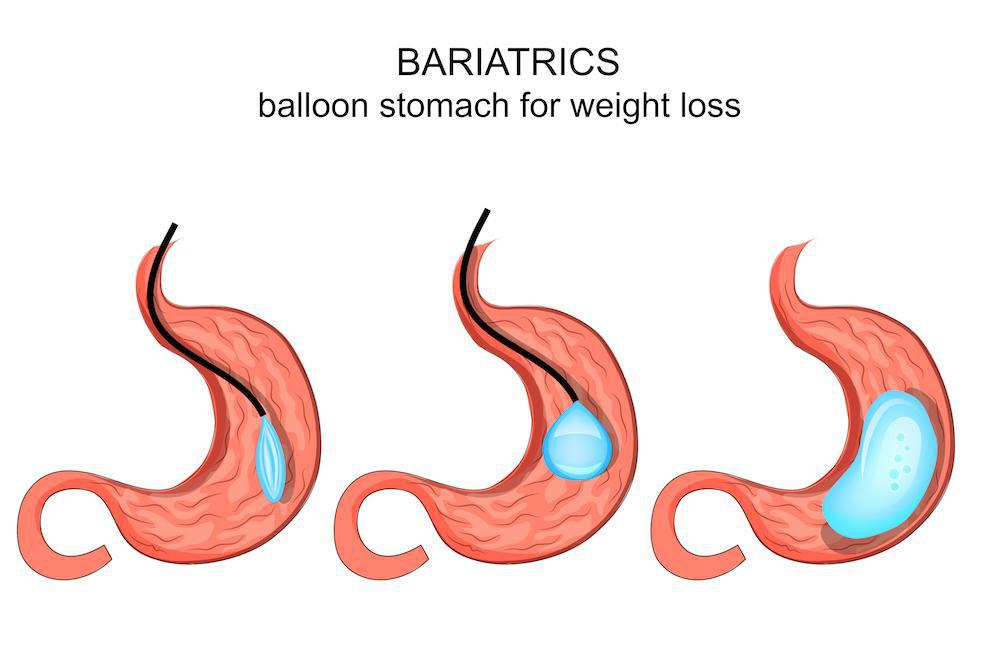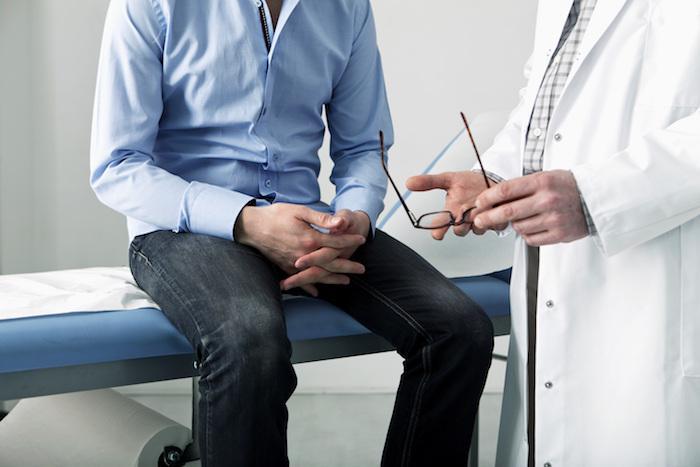
When conventional weight loss strategies have failed to help you lose weight or keep the weight off, Dr. Dyslin may recommend weight loss surgery. The gastric balloon, or intragastric balloon, is a promising option for many people who are mildly overweight or obese or who aren’t candidates for other forms of bariatric surgery.
A temporary, reversible weight loss device inserted in your stomach, a gastric balloon can remain in place for up to six months. Dr. Dyslin places the balloon during an endoscopic procedure — through your mouth — so it’s less invasive than other weight loss procedures.
When the balloon is inflated with a small tube, it reduces the amount of food your stomach can hold, which causes you to feel full faster and may positively affect the production of some of your hunger hormones.
Choosing a gastric balloon for weight loss offers a number of advantages. Here is why you might consider this procedure for your weight loss journey.
1. Helps jump-start weight loss
While many weight loss surgeries require you to have a body mass index of at least 40, you can qualify for a gastric balloon procedure with a BMI of only 27. You may use the gastric balloon for six months to curb your appetite and make it easier to comply with prescribed diets and create behavioral changes.
The balloon can help you become accustomed to eating smaller portions of food. You may also use it for dramatic weight loss prior to a one-time event, such as a wedding or reunion.
2. Good for extreme obesity
If you have a BMI greater than 60 or can’t undergo invasive surgery due to health conditions, a gastric balloon can help. You may use it to lose some initial weight so you can qualify for gastric bypass or sleeve surgery.
The gastric balloon may also help you alleviate some obesity-related health problems, such as diabetes, heart disease, and high blood pressure, which can make future gastric bypass surgery safer and easier for Dr. Dyslin to perform.
3. Easier procedure
A gastric balloon procedure is less invasive than major surgery, such as gastric bypass. It requires sedation or anesthesia, but it doesn’t involve incisions or blood loss. As a result, you can go home the same day and recover faster than you might from gastric bypass. Gastric balloon procedures are also less costly compared with a gastric sleeve or gastric bypass.
4. Few side effects
Insertion of a gastric balloon has few side effects, and complications are rare. You may have some pain and nausea for a day or two after the balloon is in place, but this usually resolves on its own.
A gastric balloon procedure isn’t right for everyone, however. We here at David Dyslin Bariatrics carefully consider your weight loss goals, current health, and lifestyle when recommending a gastric balloon or other weight loss procedure. To learn more about how you can benefit from medical support to achieve your healthy weight, call our office or book a consultation online using this website.


